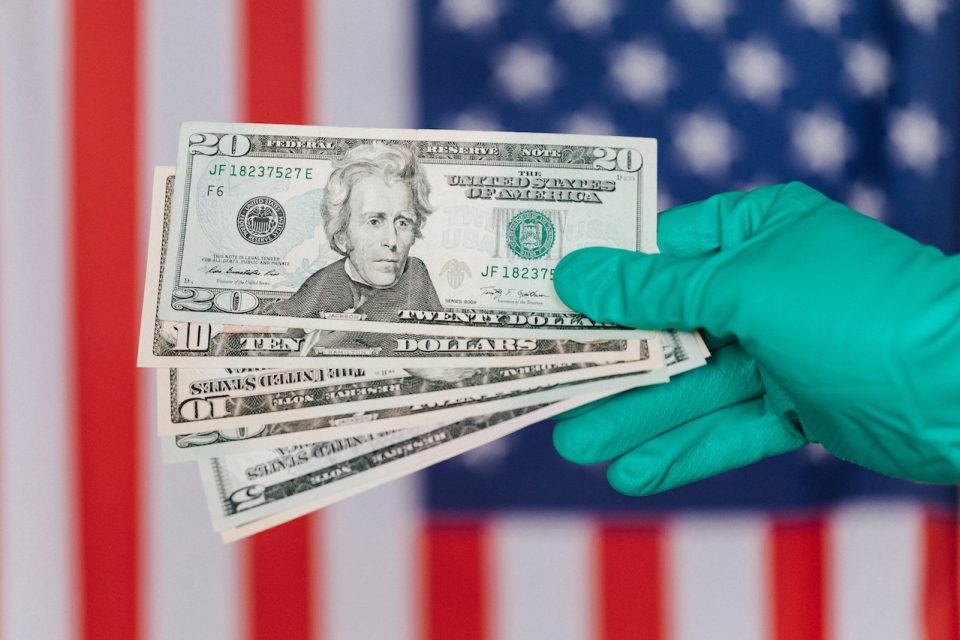In a recent interview with the Times of India, JPMorgan CEO Jamie Dimon urged clients to brace themselves for the possibility of benchmark interest rates soaring to 7%, coupled with the specter of stagflation. This cautionary advice from Dimon, who has previously advocated for further rate hikes as a tool against inflation, diverges from the prevailing sentiment following a series of 5.25 percentage point increases, elevating the benchmark rate to 5.5% – its loftiest level in over two decades.
While US policymakers have telegraphed a need for prolonged higher rates in the battle against inflation, financial markets are already factoring in potential rate cuts beginning next year. During his visit to Mumbai for a JPMorgan investor summit, Dimon remarked, “If they are going to have lower volumes and higher rates, there will be stress in the system. Warren Buffett says you find out who is swimming naked when the tide goes out. That will be the tide going out.”
A 7% Federal Reserve funds rate would carry significant repercussions for both American enterprises and consumers, potentially precipitating a recession. Dimon underscored that this threshold would wield a more substantial economic jolt than the shift from 3% to 5%. In its most recent decision, the Fed opted to hold the target range for its benchmark rate steady, a move widely anticipated. However, fresh quarterly projections revealed that 12 of the 19 officials favored an additional hike this year.
“The world is certainly not prepared for a 7% Federal Reserve funds rate,” cautioned Charlie Jamieson, Chief Investment Officer at Jamieson Coote Bonds, during an interview with Bloomberg Television. “At that level, we would expect that we would have a deflationary asset unwind; it would burst a lot of asset bubbles, it just simply wouldn’t be sustainable.”
As markets continue to grapple with the potential repercussions of forthcoming rate determinations, JPMorgan CEO Jamie Dimon is advising clients to ready themselves for a worst-case scenario involving benchmark interest rates surging to 7% and the specter of stagflation. While US policymakers emphasize the necessity of sustained higher rates to combat inflation, the potential consequences for businesses and consumers at this elevated rate warrant serious consideration. Undertaking proactive measures to prepare the economy at large for the potential fallout of this unprecedented high rate can play a pivotal role in averting another financial crisis.
Source: Bloomberg

